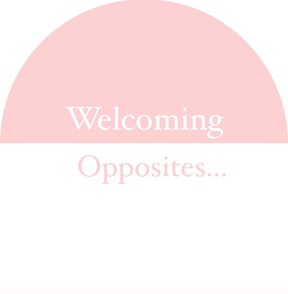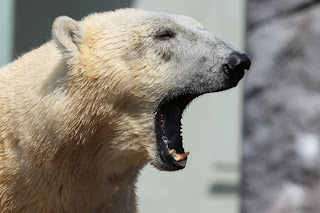I just read a beautiful essay by Ann Patchett called, “There Are No Children Here.” The essay is about her lifelong knowing that she never wanted to have children and the ever-present pressure and assumption that somehow, deep down, she actually did want to be a mother. Patchett writes after watching her friend give birth, “[T]hat was the one part of the decision not to have children that did in fact make me feel like I missed out. I am deeply moved by what a woman’s body is capable of.”
“I miss giving birth,” a friend of mine said to me a few years ago. We were commiserating about how hard parenting our teen girls felt. It was during one of the first long quarantines and it was new, scary, and especially hard on our teenage daughters. Everything felt challenging. My parental worry was through the roof and I felt ineffective in all ways. There was nothing I could do to mitigate the lock-down we were in — the absence of friends, school, parties, sports, all of the things teenagers need.
I remember giving birth like it was yesterday. I only did it once but it is one of my clearest memories. It lasted a long time. From the time my water broke to the time my I finally birthed my daughter was forty-three hours. At fifty-three I don’t remember a lot of my life memories, but I remember that. I remember the midwife telling me to walk up and down the four flights of hospital stairs twenty times. I remember walking to the end of Fifteenth Avenue and back doing nipple stimulation. I remember finishing that walk with chicken teriyaki in a tiny fluorescent-lit restaurant across the street from the hospital.
Mostly I remember how competent I felt. I was the only one who could make this birth happen. I alone could muster the energy, strength, and patience to bring this little life from inside my body out into the world. And I had a sense that my daughter was okay. I knew deep down that I was taking care of my baby.
The midwife supported and advocated for me throughout the process but after thirty hours the doctors started to talk about a C-section. I was committed to natural birth. I persisted and ultimately prevailed. Forty-three hours after my journey began I stood up, held onto a raised hospital bed, and squatted out my baby.
I felt like an Olympian. Everyone around me was happy. I was a superstar. I had done everything right. I had made it happen, in spite of being told several times that I should think about taking another route. As I stood with blood running down my legs, everyone in the room oohing and ahhing at the baby, I was for a moment alone, victorious and complete. I had done it.
Once I got cleaned up the midwife walked me toward a bed so I could deliver the placenta. And then I got to hold my baby. She was perfect, wrapped up like a little burrito, her tiny face exquisite and peaceful. I held her and felt a huge deep breath envelop my whole body, and hers. After nine months we were together on the outside and our journey as mother and daughter would begin.
My daughter is seventeen now and appropriately on the path of separating from me more and more each year. For every rule or guideline I impose she has another idea, a better one. Her world is full of people, places, and experiences that I know nothing about. It’s not like it was that moment when I first held her and I knew that I was everything she needed to be safe in the world. It hasn’t been like that for years.
I miss giving birth. I miss those short few days of giving birth and meeting my daughter for the very first time. I miss the feeling that I know what I’m doing, that I have the strength and patience, and self-assuredness to do what my daughter needs.
When I look at my daughter now I see a woman, someone who might herself give birth one day. This summer she’s working three jobs and planning for a service trip to Guatemala. She drives a car, manages a bank account, and is thinking about college. She’s strong, fierce, and incredibly competent. She’s way too big to wrap up like a burrito.
Some days my daughter will ask me for help or advice. As she rounds the corner towards eighteen, those moments are far and few between, but they happen from time to time. Occasionally I have just the right response, the answer she needs or the perfect reaction. In those precious moments, I get that “giving birth” feeling again and it feels so good. I miss giving birth.







